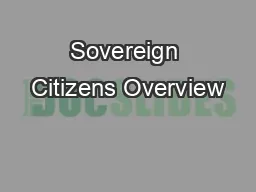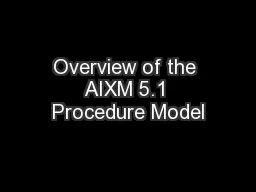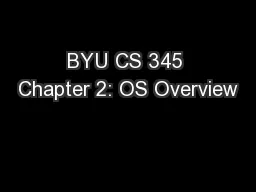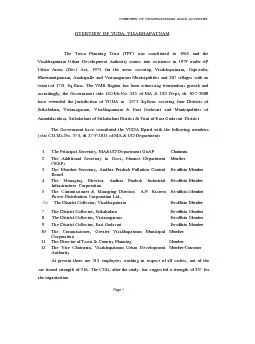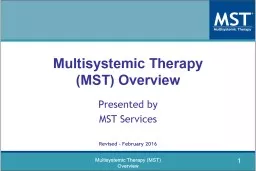PPT-1 OrgPublisher Overview
Author : ida | Published Date : 2023-07-22
COMMONWEALTH OF PENNSYLVANIA OFFICE OF ADMINISTRATION 2 What is OrgPublisher On August 5 2004 the Office of Administration announced the availability of OrgPublisher
Presentation Embed Code
Download Presentation
Download Presentation The PPT/PDF document "1 OrgPublisher Overview" is the property of its rightful owner. Permission is granted to download and print the materials on this website for personal, non-commercial use only, and to display it on your personal computer provided you do not modify the materials and that you retain all copyright notices contained in the materials. By downloading content from our website, you accept the terms of this agreement.
1 OrgPublisher Overview: Transcript
Download Rules Of Document
"1 OrgPublisher Overview"The content belongs to its owner. You may download and print it for personal use, without modification, and keep all copyright notices. By downloading, you agree to these terms.
Related Documents






